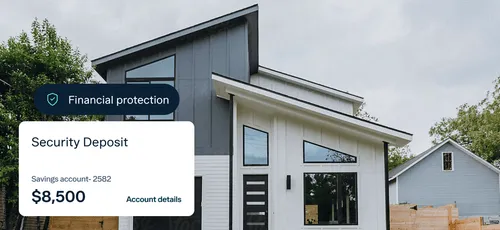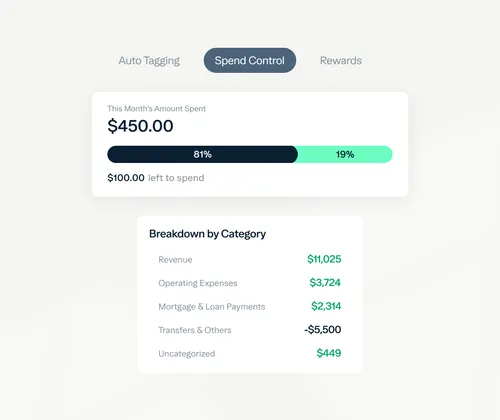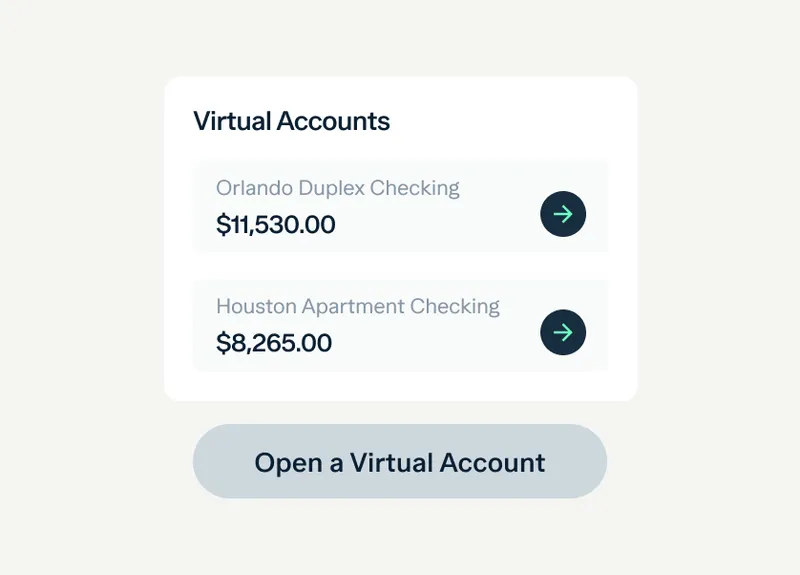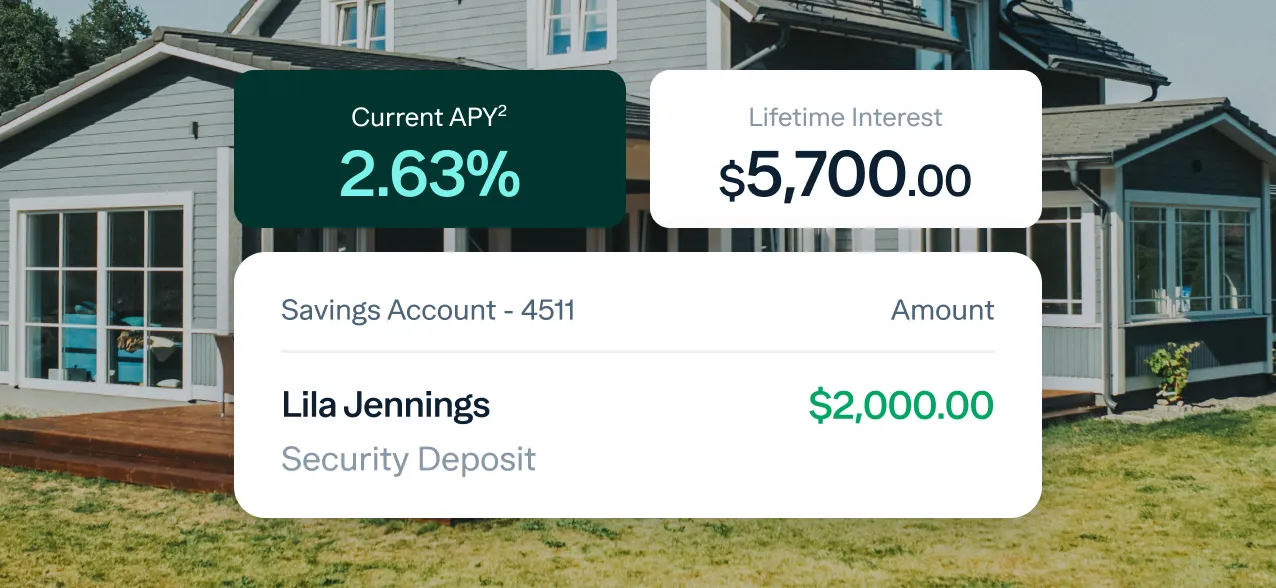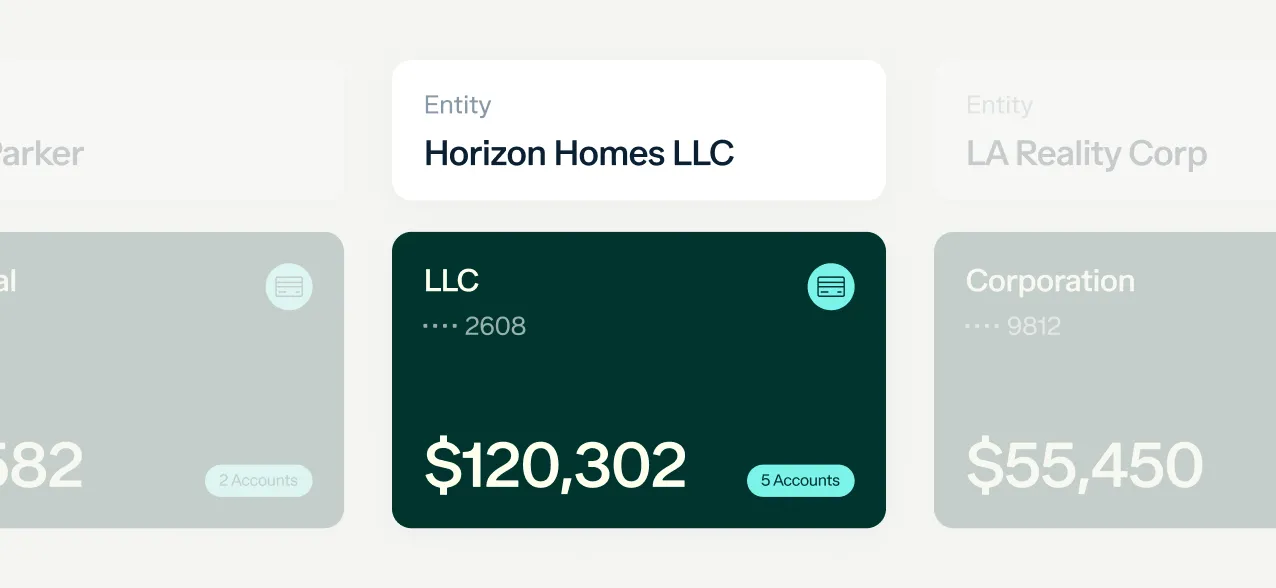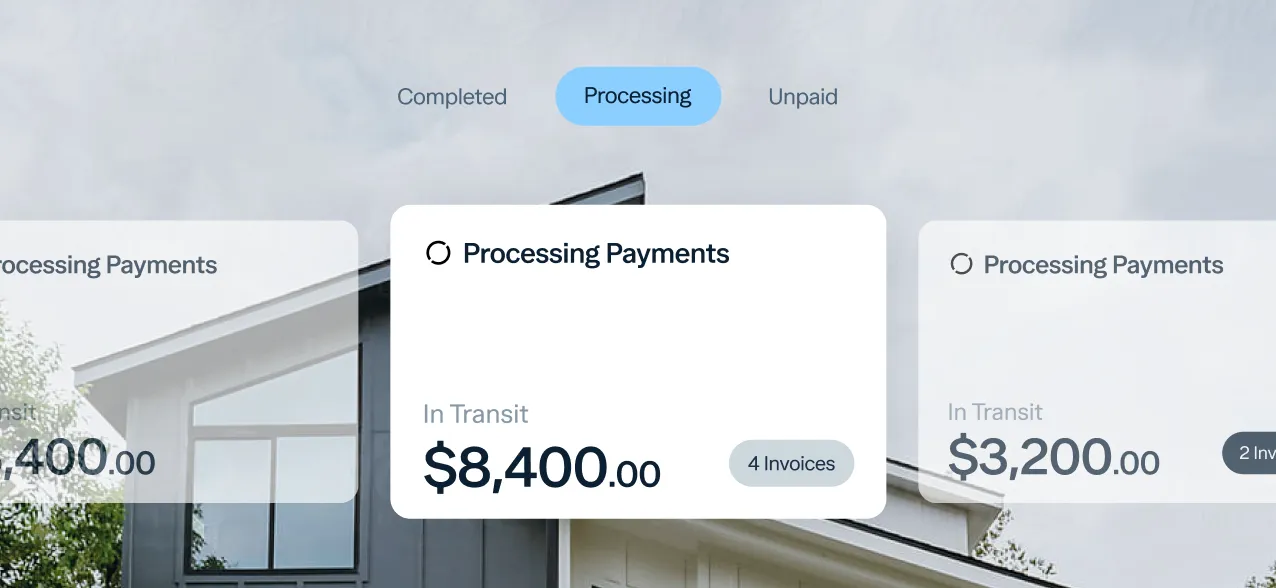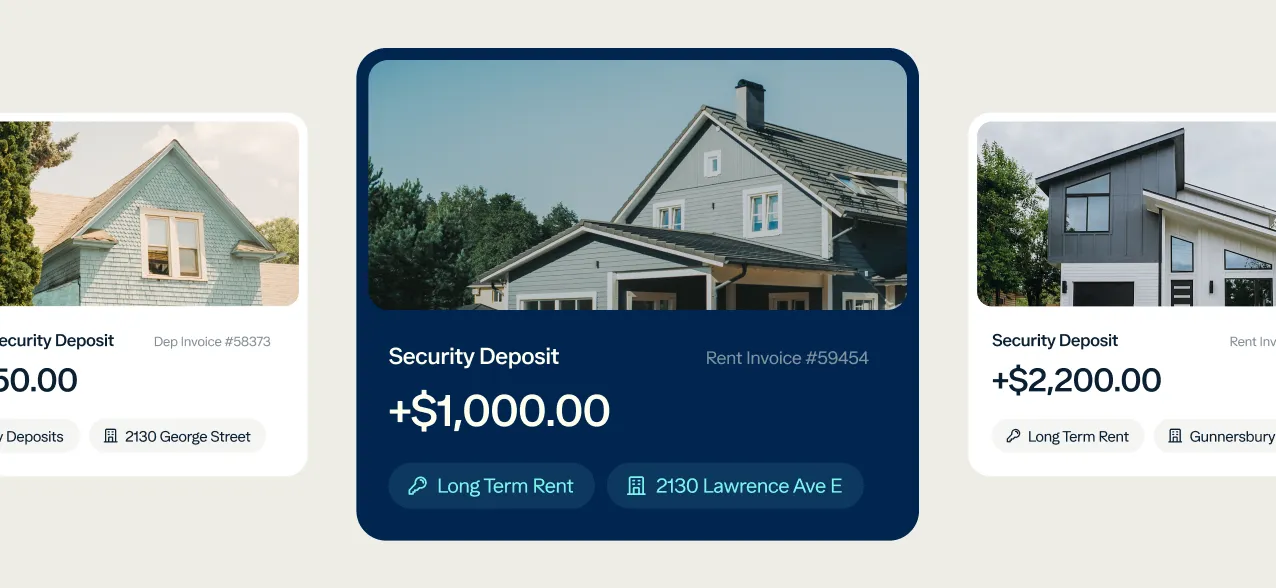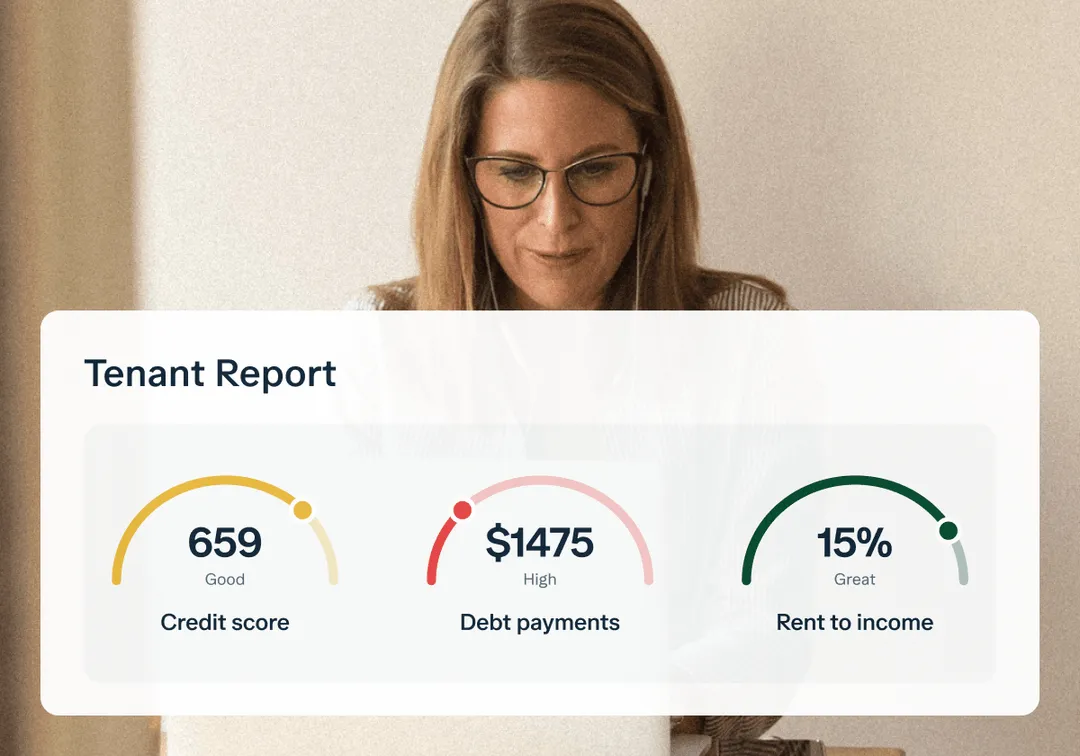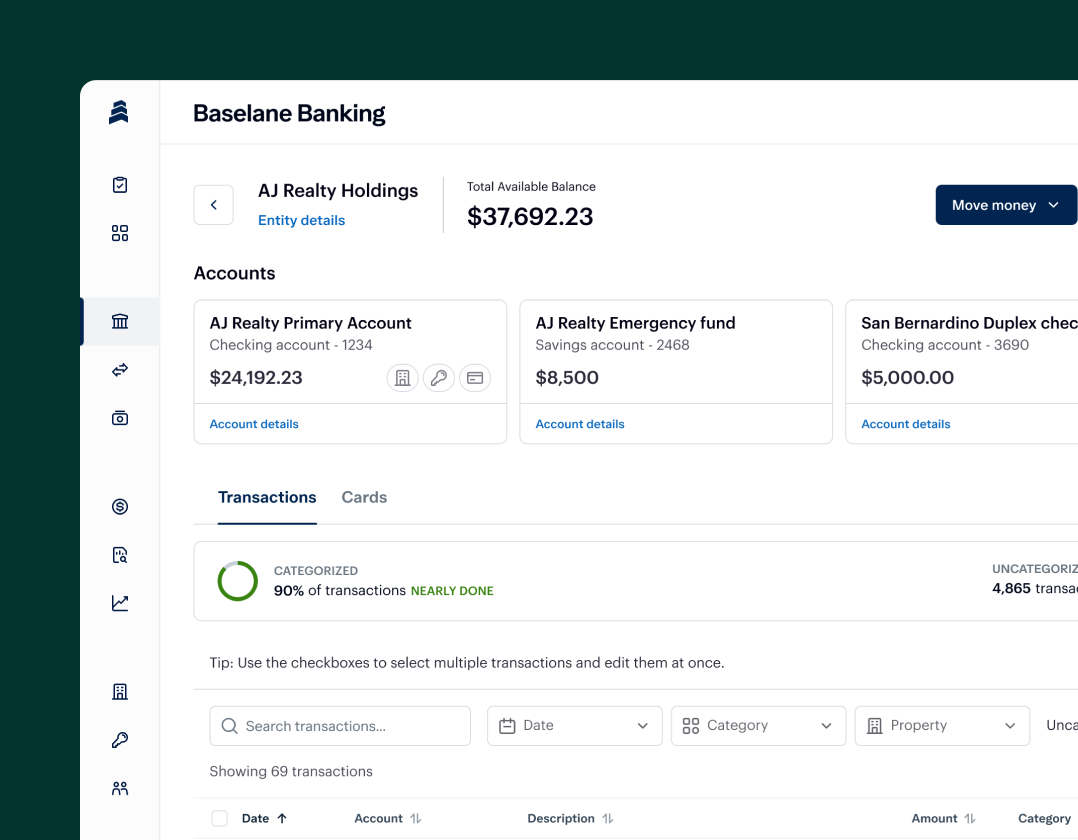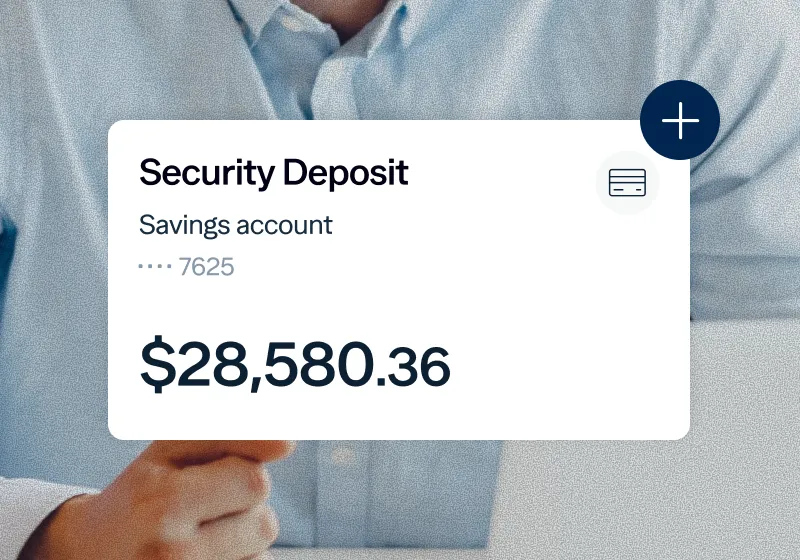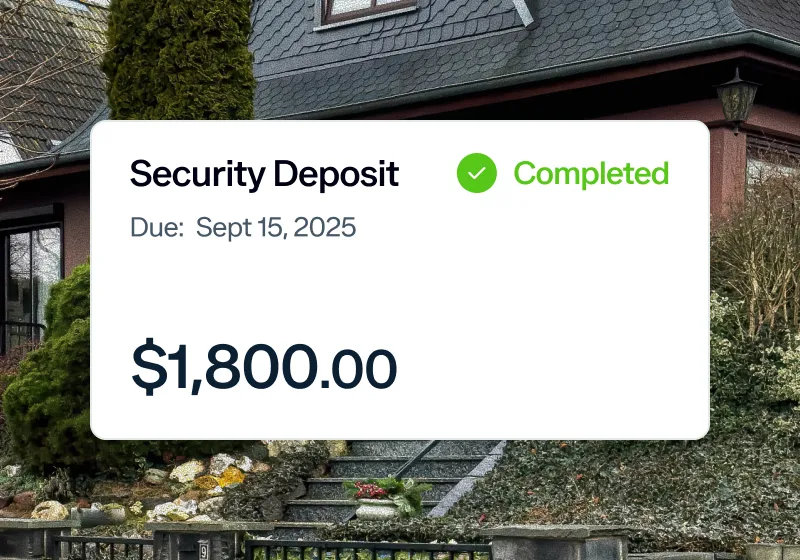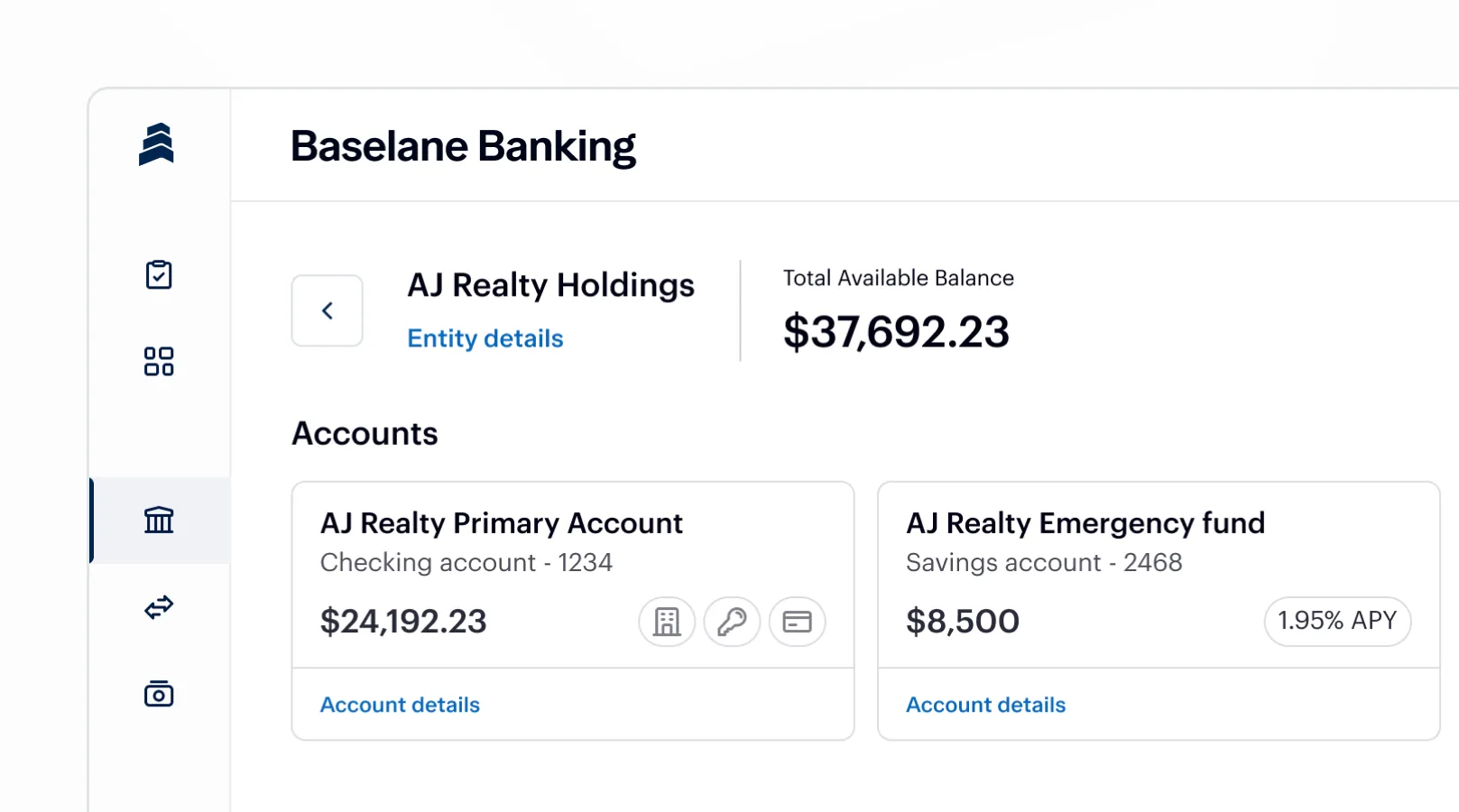In New York, landlords can charge up to one month’s rent as a tenant security deposit for residential leases. The deposit must be held in a separate escrow account and returned within 14 days after move-out, along with an itemized statement of any deductions.
Security deposit rules in {{ state }}
Limit: In New York, landlords may collect a tenant security deposit equal to no more than one month’s rent for residential leases. This rule applies regardless of the tenant’s credit, rental history, or pet ownership. Charging more than one month’s rent as a tenant deposit is prohibited under the Housing Stability and Tenant Protection Act (HSTPA). The deposit amount must be clearly stated in the lease agreement, and landlords must manage it through a compliant security deposit bank account in New York.
Return Deadline: The landlord must return the tenant security deposit, along with an itemized list of deductions, within 14 days after the tenant vacates the property. If the landlord fails to return the tenant deposit or provide the required itemized statement within this period, the landlord forfeits the right to retain any portion of the deposit and may be subject to penalties.
Acceptable Deductions: The tenant security deposit may be used to cover unpaid rent, late fees, and damages beyond normal wear and tear, as well as reasonable cleaning or repair costs needed to restore the unit to its move-in condition. The landlord must provide a detailed, itemized statement along with receipts or estimates for all deductions taken from the tenant deposit.
Where to Deposit: New York law requires landlords to hold all tenant security deposits in a separate, interest-bearing escrow account at a bank located within the state. The account cannot be commingled with personal or business funds. For buildings with six or more units, landlords must pay tenants annual interest on the deposit, minus an administrative fee of up to 1%. Landlords are also required to provide written notice specifying the name, address, and account number of the bank where the funds are held. Managing funds through a security deposit escrow account in New York or a landlord tenant security deposit bank account in New York ensures full compliance with the state’s strict tenant protection laws and promotes transparency and accountability.

